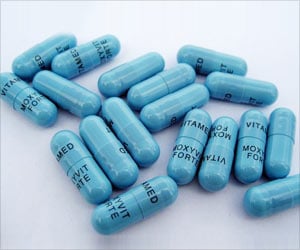
Tirzepatide (Subcutaneous Route)
Go to source) is recognized for its weight loss benefits, its approval in India is limited to managing diabetes only. This marks the first time this injectable medication will be available to Indians.
Tirzepatide Set to Launch in India in 2025, Pending Final Regulatory Approvals
Tirzepatide, administered via pre-filled pens for subcutaneous injection, is anticipated to launch in India in 2025, pending the completion of final regulatory reviews. Eli Lilly’s CEO, David Ricks, has stated that the launch depends on successful regulatory evaluations.‘#Tirzepatide, the anti-diabetic drug helps control #appetite while enhancing #insulin sensitivity, especially in fat tissue. This dual action supports better #weightmanagement and #metabolic health.
’





Tirzepatide operates by mimicking the natural hormones gastric inhibitory polypeptide (GIP) and glucagon‐like peptide‐1 (GLP‐1), which are crucial for regulating blood sugar and appetite. It enhances insulin production, reduces glucagon levels, and slows gastric emptying, helping to control hunger and support weight loss. Clinical trials have shown that Tirzepatide significantly reduces body weight and improves insulin sensitivity. Despite its promise, Tirzepatide’s high cost and the necessity for long-term use might affect its accessibility. While existing alternatives such as Victoza are available in India, Tirzepatide offers a notable advancement in obesity and diabetes management.
The approval of Tirzepatide in India is based on extensive global clinical trials, including a substantial number of Indian participants. These trials have demonstrated its effectiveness in reducing body weight and improving metabolic health. However, ongoing monitoring will be essential to fully understand its long-term effects and cost-effectiveness.
Common side effects include nausea, diarrhea, and abdominal discomfort, while more serious reactions may involve pancreatitis and thyroid issues. Patients should be aware of these potential side effects and consult healthcare providers as needed.
Reference:
- Tirzepatide (Subcutaneous Route) - (https://www.mayoclinic.org/drugs-supplements/tirzepatide-subcutaneous-route/description/drg-20534045)















